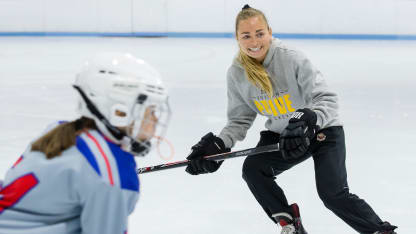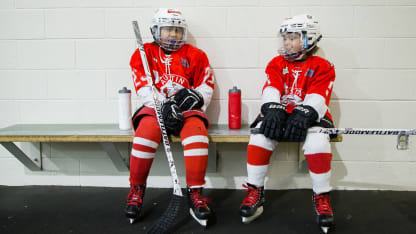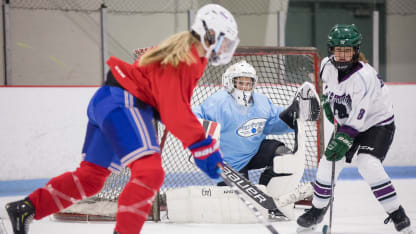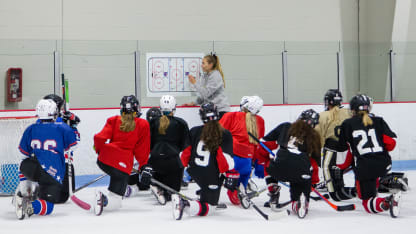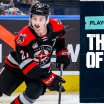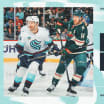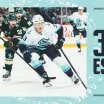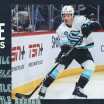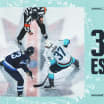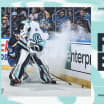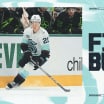"I loved it all," said 11-year-old Paloma Gonzales-Phillips, who lives in Bellevue and will play with the Seattle Junior Association this season. "I plan to work on my crossovers and my transitions during my ice time."
Rudy Phillips, Paloma's father, explained how his daughter caught the hockey bug. Rudy took Paloma to a public skating session, and when the skate was over, Paloma noticed a bunch of hockey players, mostly boys, waiting to take the ice once the Zamboni cleaned the surface. Paloma asked to stick around to watch. Rudy pointed out one of the defenders was a girl.
"Dad, I want to play hockey," said Paloma told her father.
The exchange was meaningful to Rudy. He grew up loving hockey as young boy in Alaska. When his family moved to the Seattle area, Rudy's father determined it was too difficult and told his son "to find another sport." Rudy played basketball, baseball, football and wrestled but never dropped his love for the game on ice.
"We are so excited about the new NHL team," said Rudy.
For her part, Bender encouraged girls of all ages to take up the sport if so inclined and to not be intimidated if younger kids were better skaters in the beginning.
"Go for it," said Bender. "Now that I am a bit removed from my Boston College career, still playing professionally but attending law school and entering the working world, I've seen how much hockey give you not just on the ice and no matter what age you pick it up, the discipline, learning how to shoot, being part of a team over a season. It gives you a unique set of life skills."
